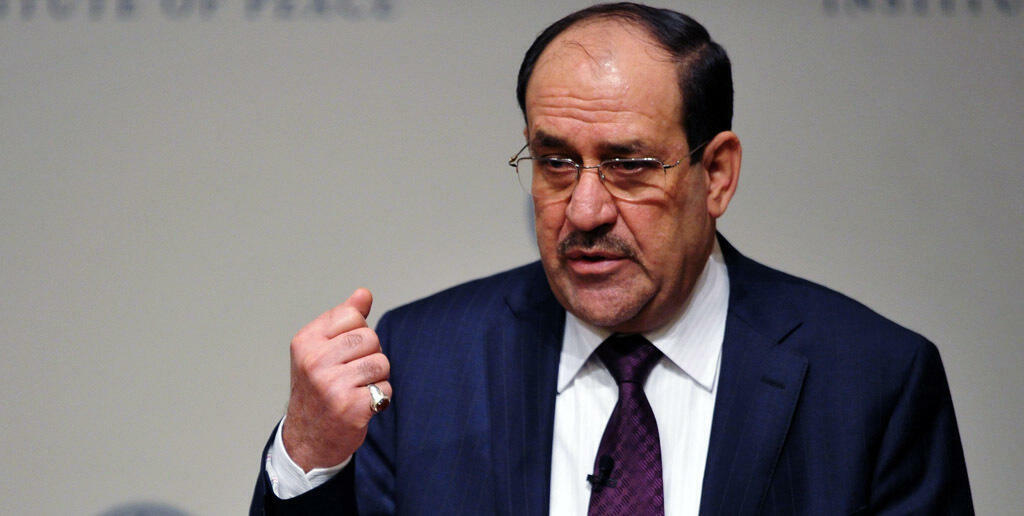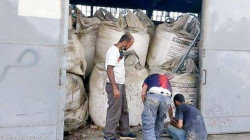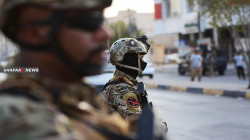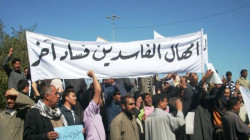A-Maliki rejects Amnesty for "terrorists" and "corrupt officials"

Shafaq News/ Nouri al-Maliki, leader of the State of Law bloc and former Iraqi Prime Minister, on Monday voiced opposition to the release of individuals involved in terrorism under the proposed "general amnesty" law, set to be debated in the Iraqi Parliament soon.
In a televised statement, al-Maliki emphasized the importance of upholding the rule of law and the constitution to ensure the country's security and stability. He said that the current government had presented its political program to Parliament, which was subsequently approved and has become a "binding framework for the political process".
"The security and stability, and the continuation of the political process, require adherence to law and the constitution," al-Maliki said, according to Shafaq News Agency. He stressed that the "national interest requires not compromising with those who have committed murder, terrorism, and disrupted the country, hindering reconstruction and services."
While endorsing the principle of general amnesty, al-Maliki categorically rejected any clemency for individuals "whose hands are tainted with the blood of innocents." He also advocated for the exclusion of those involved in financial and administrative corruption, as well as espionage, from any potential amnesty.
On August 6, the Iraqi parliament completed the first reading of a bill proposing an amendment to the country’s General Amnesty Law, fulfilling a critical demand from the Sunni political blocs for their participation in forming the current government under Prime Minister Mohammed Shia al-Sudani.
Sunni blocs hope the parliament will pass the amendments to release thousands of inmates from their community, many of whom were arrested under Article 4 of the Anti-Terrorism Law. Critics argue that these arrests often stem from personal vendettas, fabricated charges, and secret informant reports. The penalty under Article 4 is execution.
To become a binding law, the Iraqi parliament must conduct three readings for any bill, debate it thoroughly, and then vote on it unanimously.
The bill, however, faces strong opposition from Yazidi lawmakers as well. They claim it proposes releasing former ISIS collaborators who participated in genocide against the religious minority in Sinjar when the extremist group occupied two-thirds of Iraq's territory in 2014.
Recently, the Iraqi Justice Ministry refuted allegations that it is conducting secret executions for inmates charged under the Anti-Terrorism Law. Sunni leaders argue that thousands from their community have been unjustly imprisoned in Shiite-dominated Iraq since 2003 due to alleged links to terrorist groups.
Earlier this month, Iraq's Justice Ministry announced the release of over 750 inmates in July.
These proposed changes come amid an alleged alarming increase in executions in Iraqi prisons. Rights watchdog Amnesty International has repeatedly criticized Iraqi authorities this year over multiple executions, including instances where more than ten prisoners were executed in one day. More than 8,000 prisoners are purportedly on death row in Iraq, with at least 150 at imminent risk of execution, according to Amnesty International.





